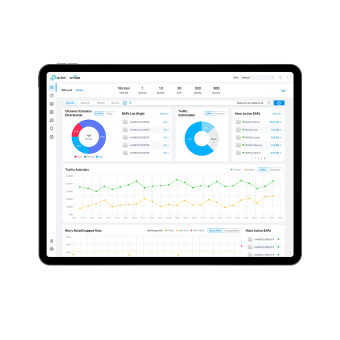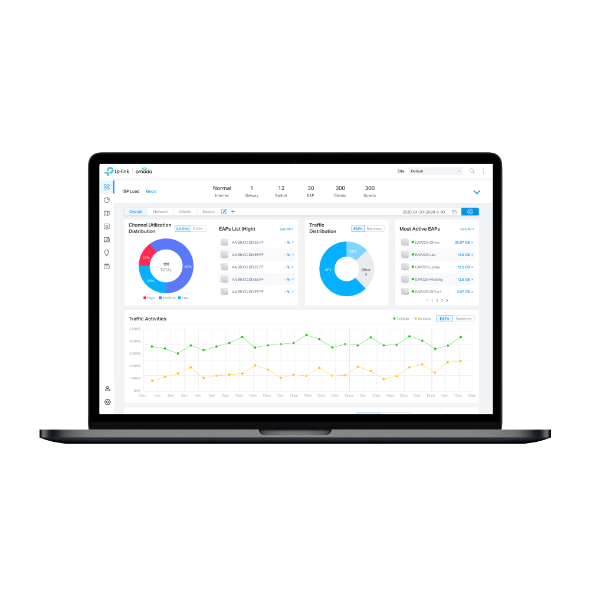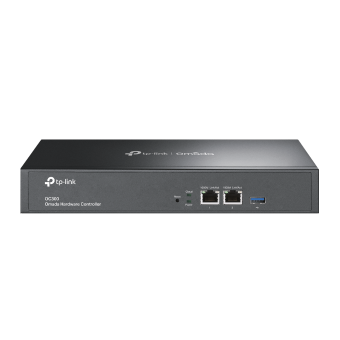What to do if you get an alert of “The number of logs is up to the limit”
This article applies to Omada SDN Controller v5.0 and above.
You may receive an alert of “The number of logs is up to the limit”. This article will explain why you get the alert and how to handle it.
1. the maximum number of logs.
The maximum number of logs for OC200 and OC300 is 11000 and 101000, respectively.
For Omada Software Controller, the maximum number of logs depends on the number of managed Omada devices.
If the number of managed Omada devices (let's say x) does not exceed 100, the maximum number of logs is 150 * 31 * x. If the number exceeds 100, the maximum number of logs is 150 * 31 * 100 + 30 * 31 * (x-100).
When the number of logs in your controller exceeds the upper limit, you will receive an alert of “The number of logs is up to the limit”.
2. What to do?
Omada SDN Controller will automatically delete the oldest 10% of logs. Therefore, you may not worry about that.
But if you get such alerts frequently, there are probably a lot of client roaming events, which generate many logs. You can go to Log – Notifications, to adjust the notification settings. For example, you can uncheck “Log full” notification in System, or “Client Roaming (Wireless)” notification in Client, or other frequent log types.

Is this faq useful?
Your feedback helps improve this site.
TP-Link Community
Still need help? Search for answers, ask questions, and get help from TP-Link experts and other users around the world.










